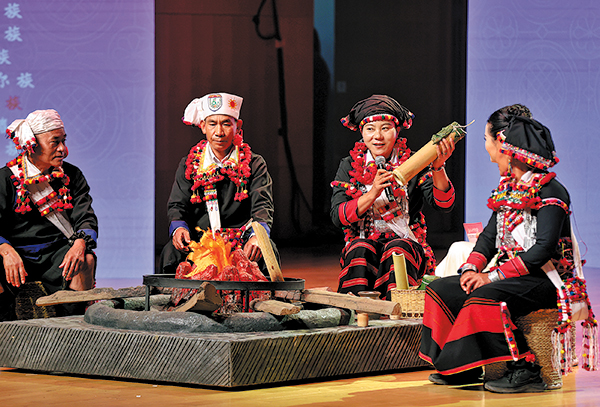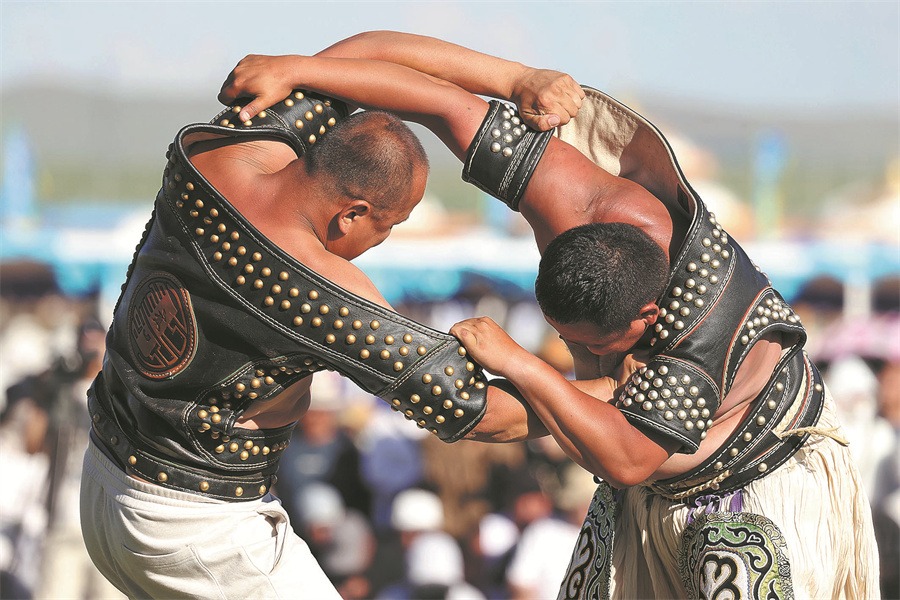The race to record disappearing cultures
Following on from Yunnan pilot, the national library launches project to document traditions of small-population ethnic groups, Wang Qian reports.


These include 97 folk songs and 58 folk tales of the Derung, which is China's smallest ethnic group, with a population of just 7,310, among whom 20 people interviewed; 104 folk songs and 58 folk tales of the Jino, with 71 people interviewed; and the 116 folk songs and 113 folk tales of the Nu, with 51 people interviewed.
Following up this pilot program, the National Library of China signed a cooperation agreement in Beijing on Jan 25 for the traditional oral archive project with provincial-level libraries in the 13 provinces and regions that are home to the 28 small ethnic groups.
"Most of these ethnic groups do not have a writing system, which has hindered the spread of their culture. They can only survive if people continue to pass their traditions on by mouth. By launching this project, we can collect and document vivid narratives, such as ancestral tales told in their native tongue with the aid of song and dance, through multimedia channels," says Huo Ruijuan, deputy director of the National Library of China.
The archives will be available for the use of scholars and the public to promote cultural diffusion and protect the nation's cultural diversity for future generations, she adds.
As oral traditions play a crucial part in keeping cultures alive, UNESCO suggests that mass media and communication technologies can be used to preserve and even strengthen oral traditions and expressions by broadcasting recorded performances both to their communities of origin and to a wider audience.
For Pai Dang, a tuliang player from the Jingpo ethnic group, the passing on of the group's folk music means the survival of their way of life and the preservation of their history. Tuliang is a transverse wind instrument made of bamboo, with a single embouchure hole and no finger holes.



































